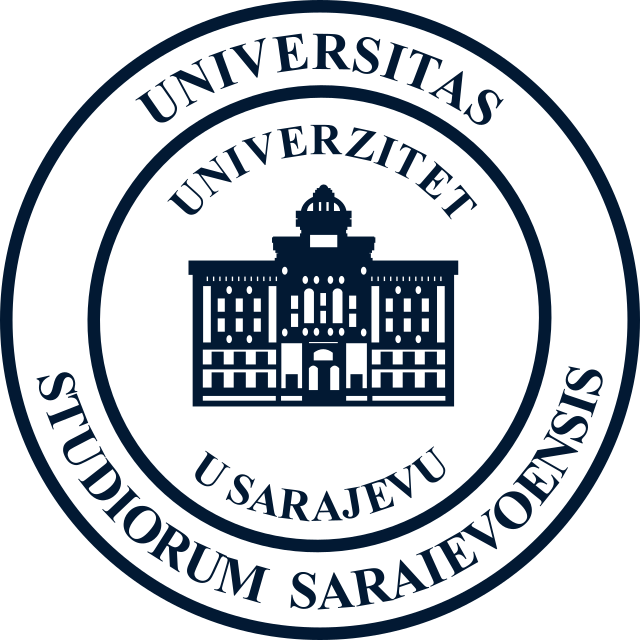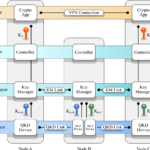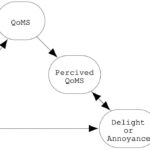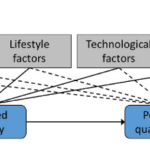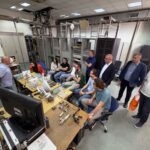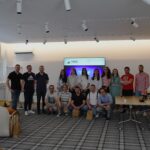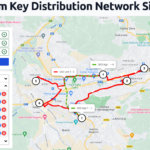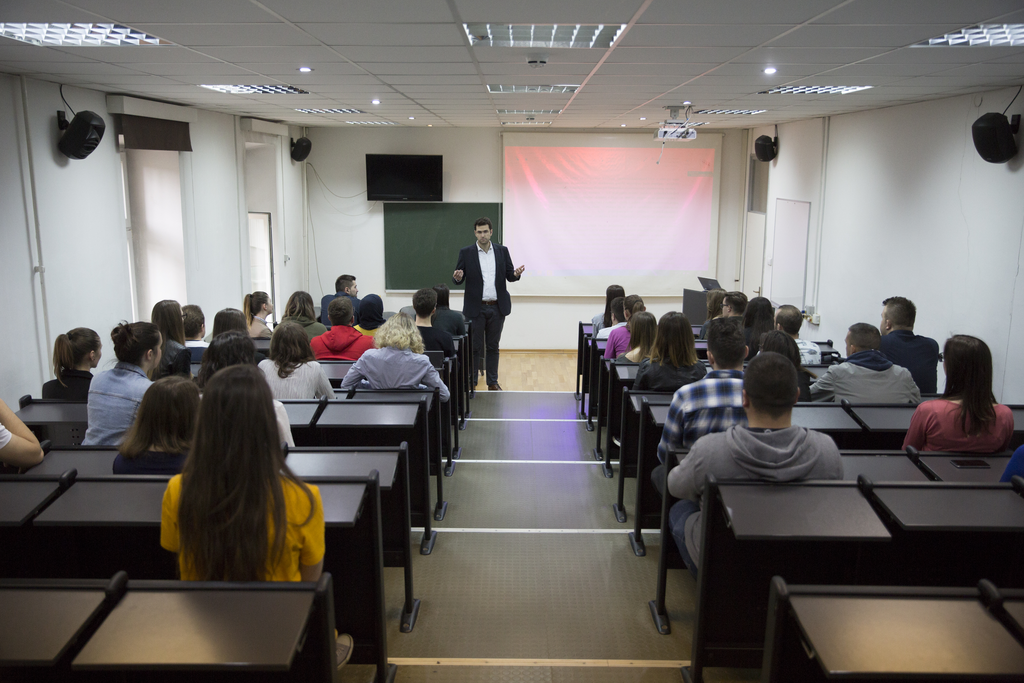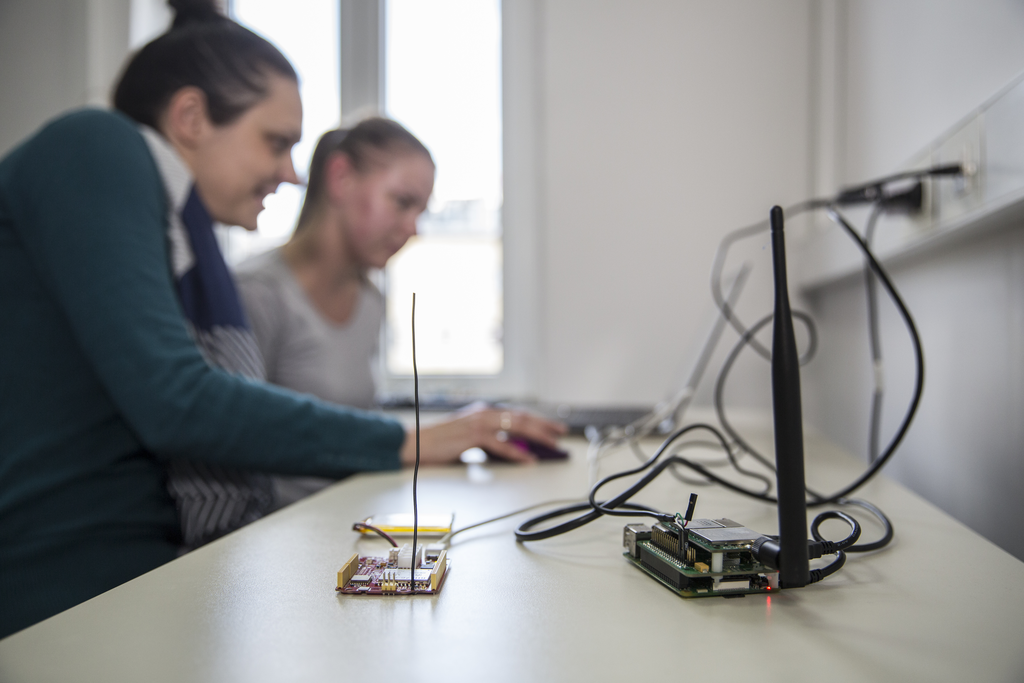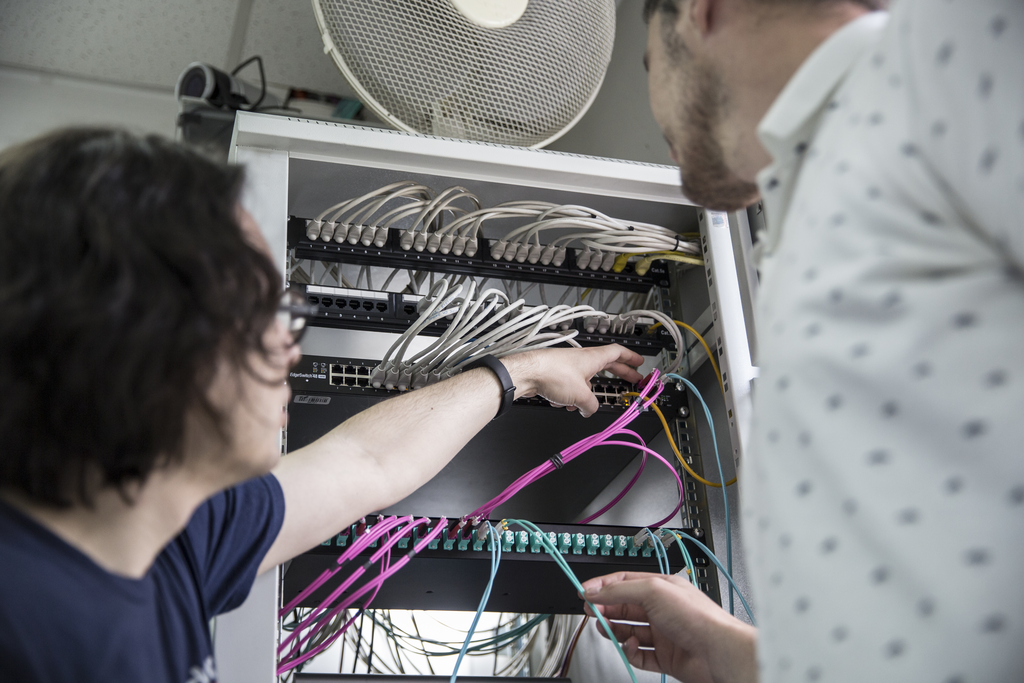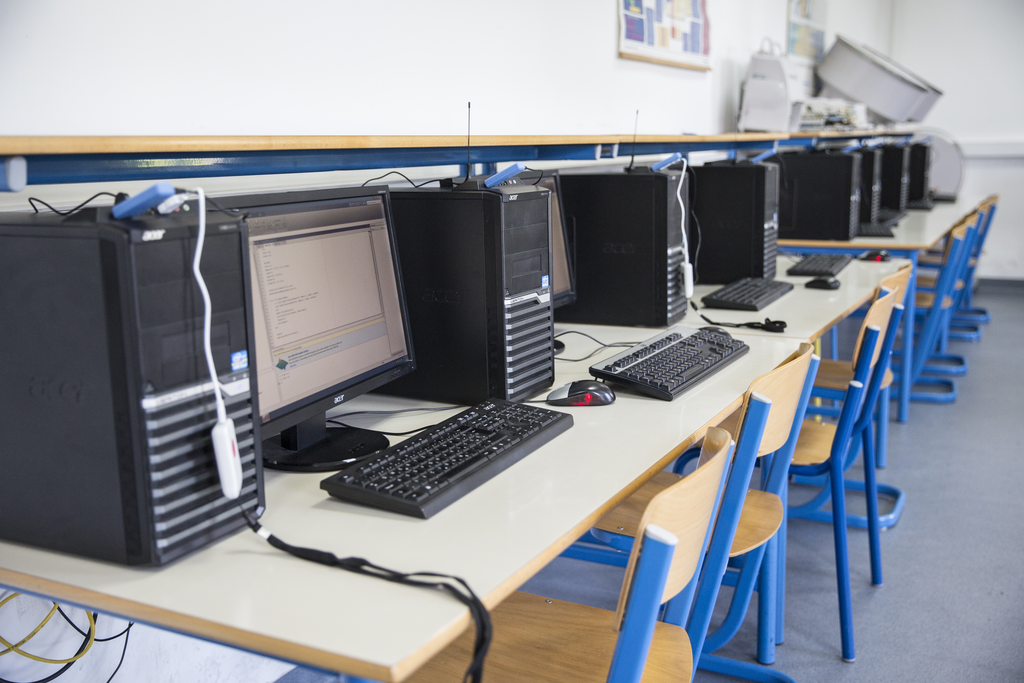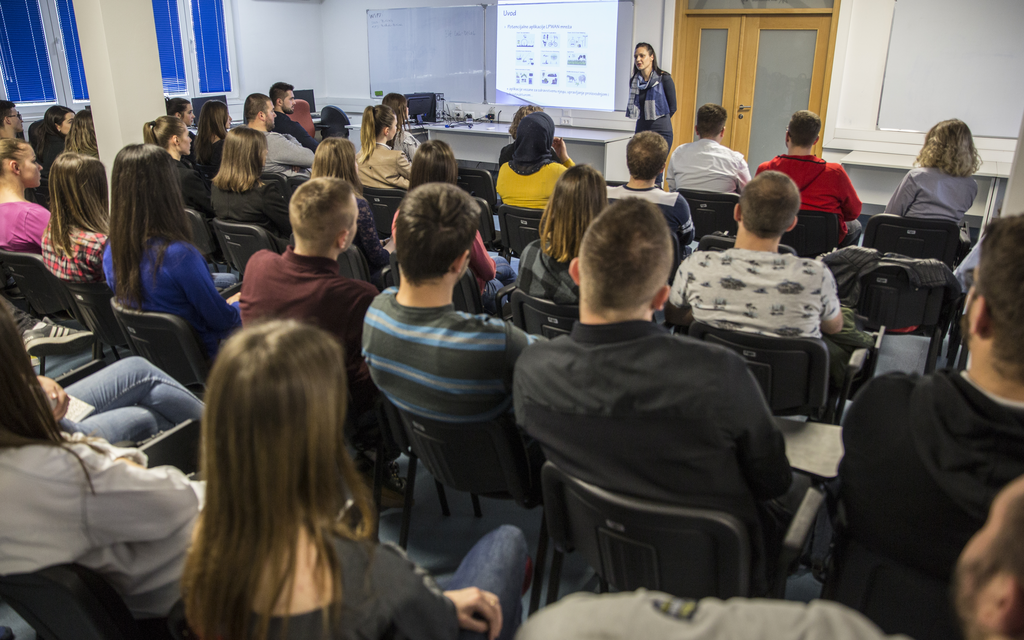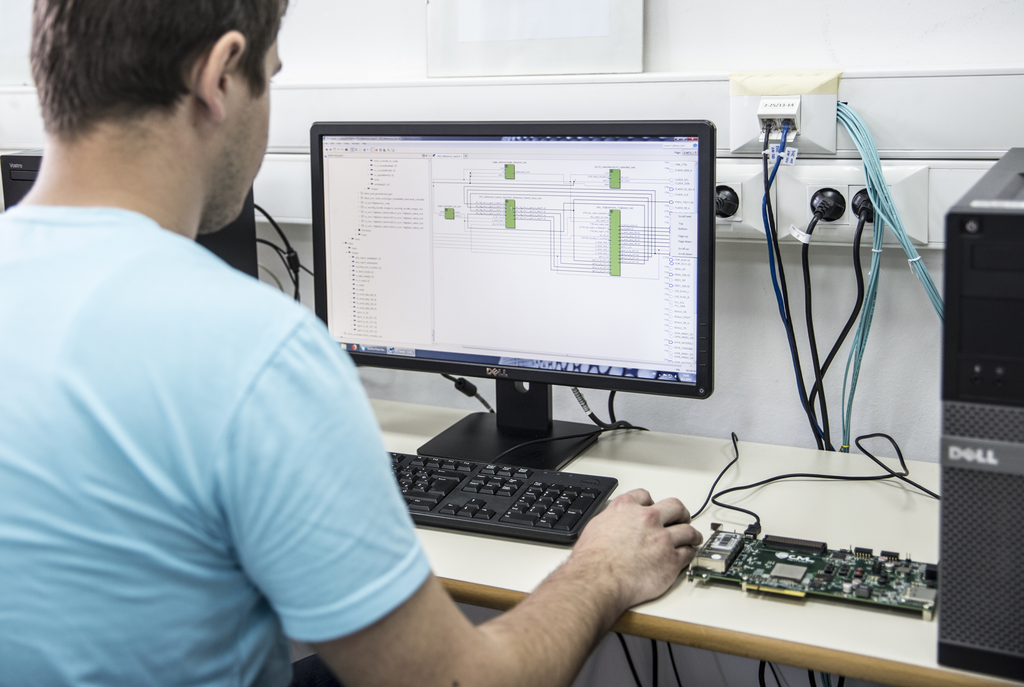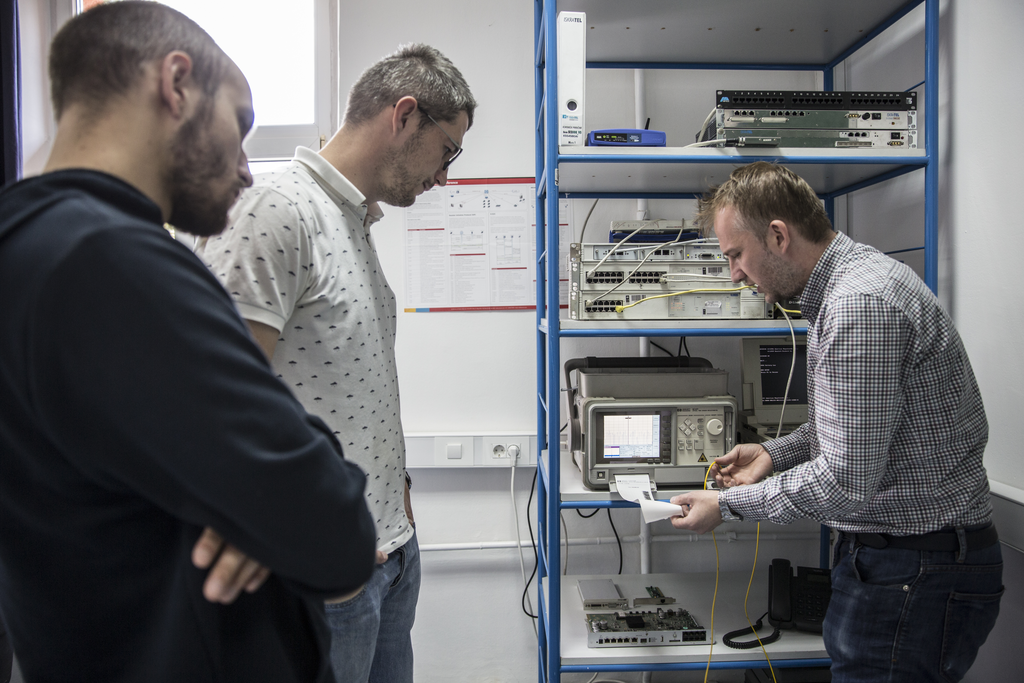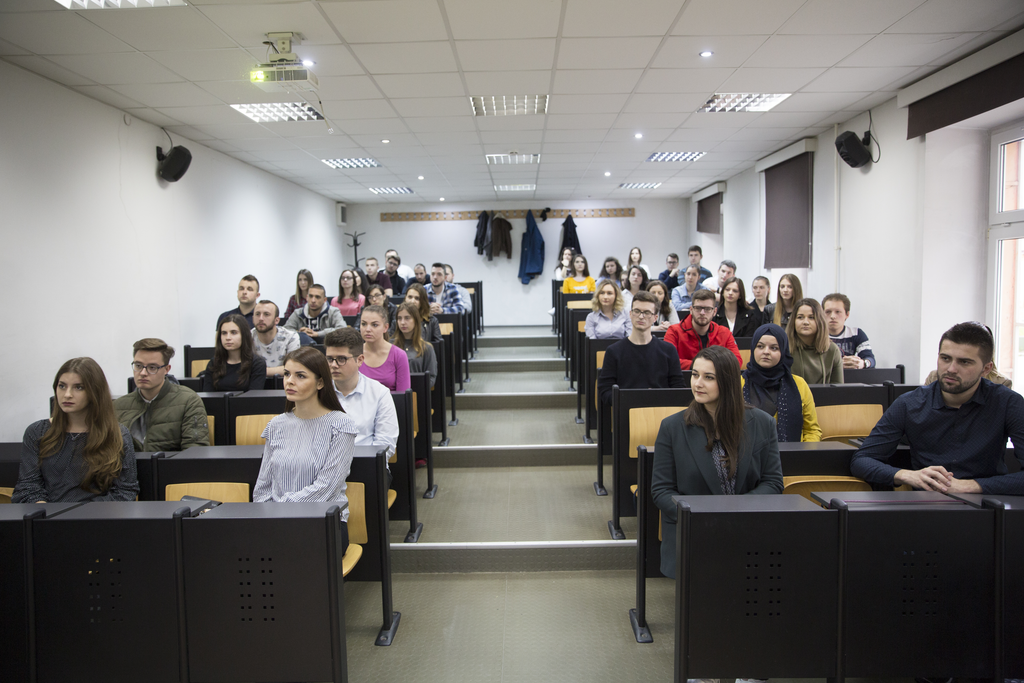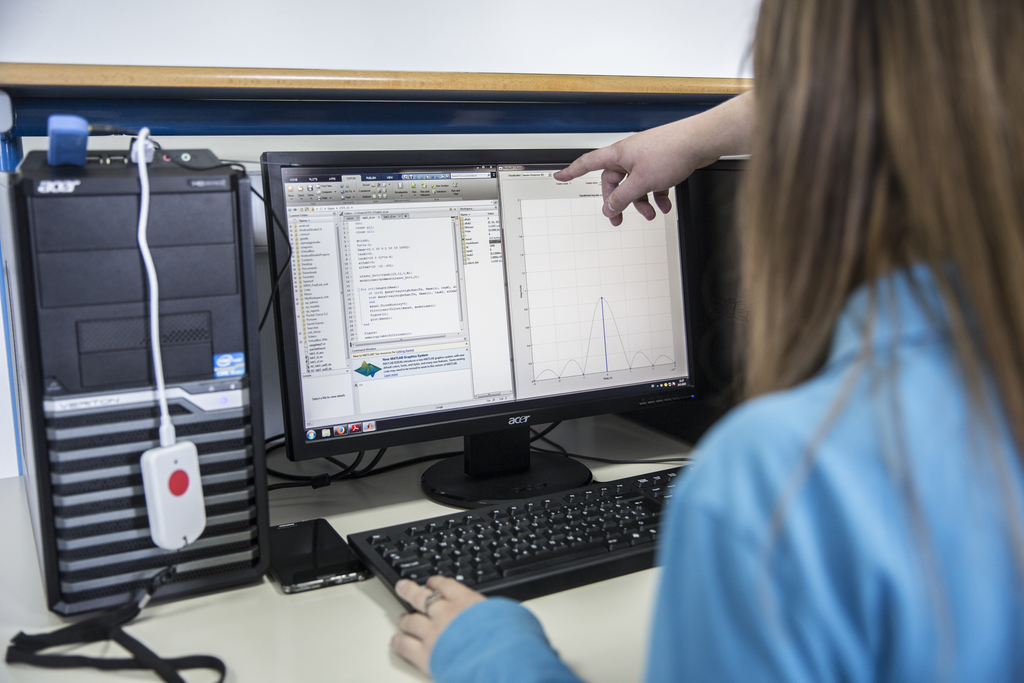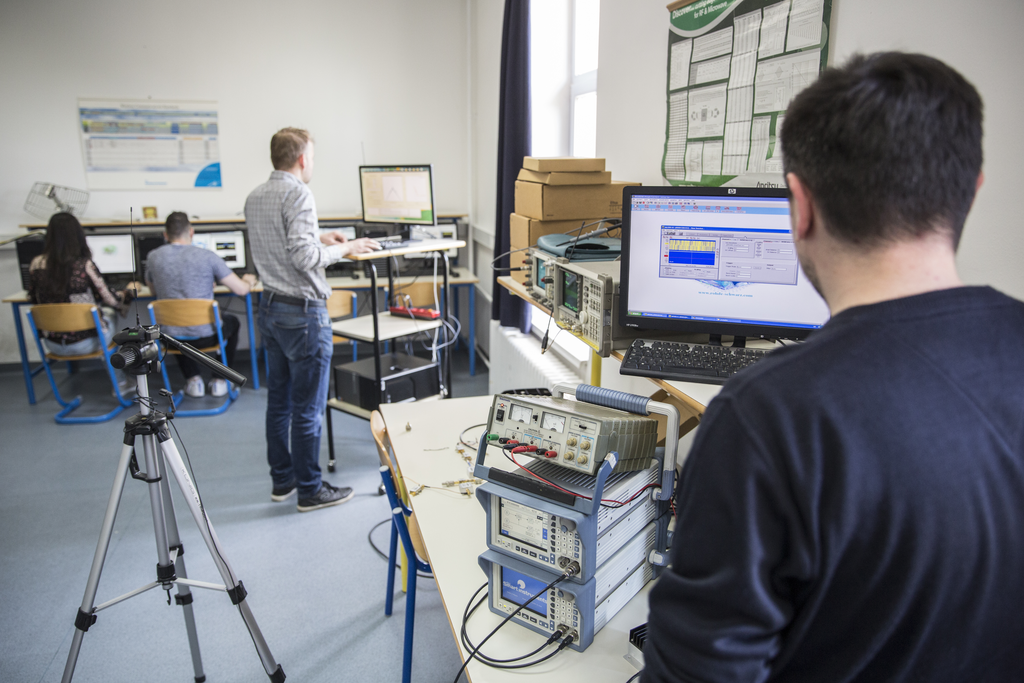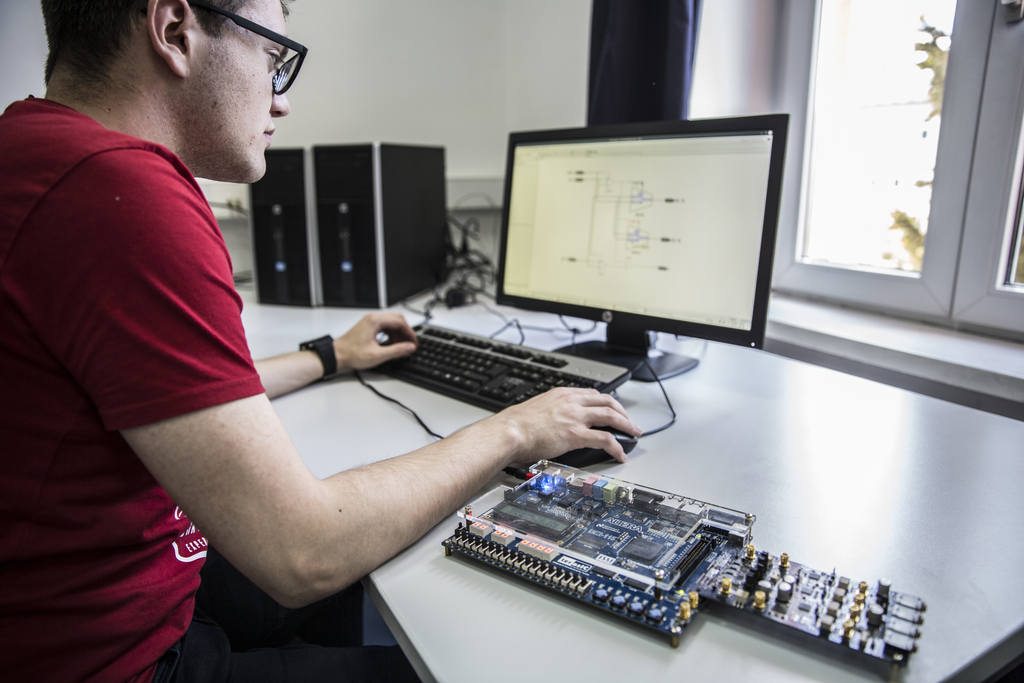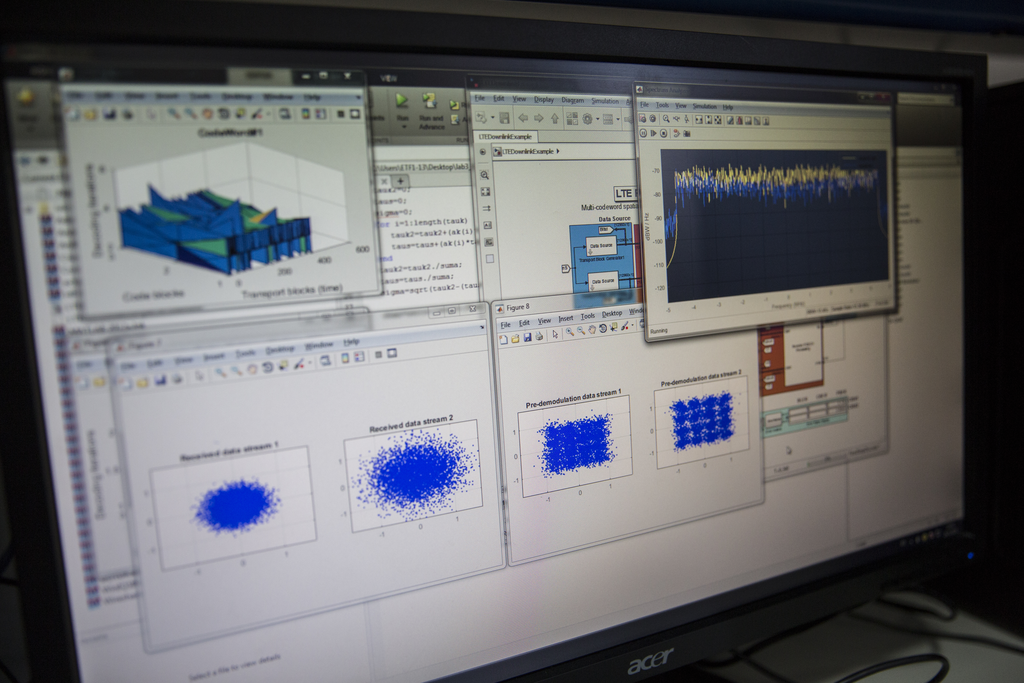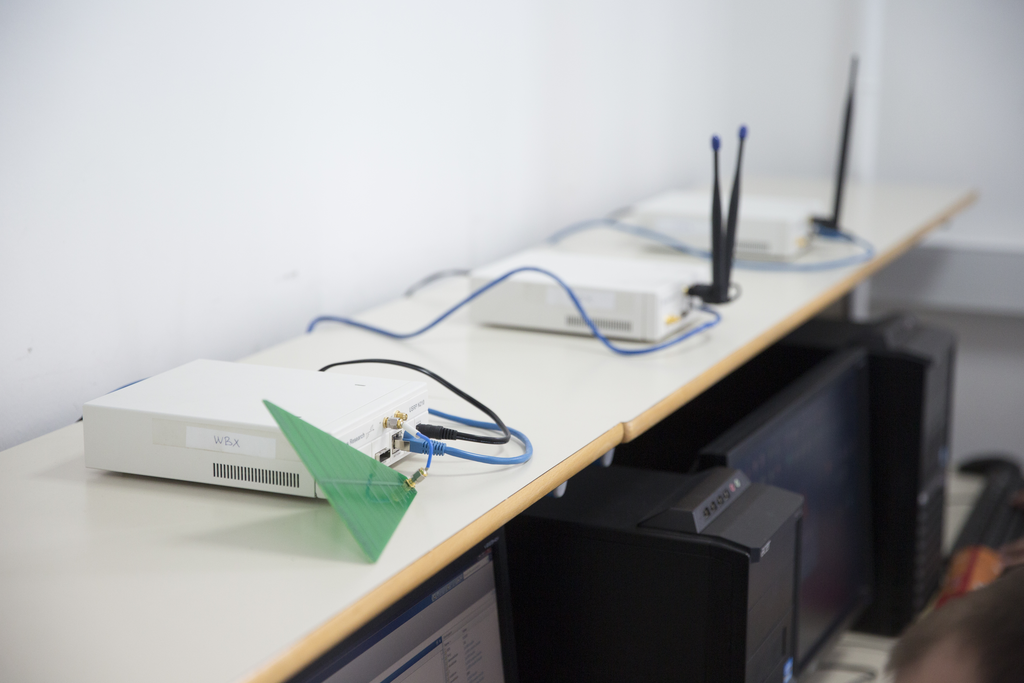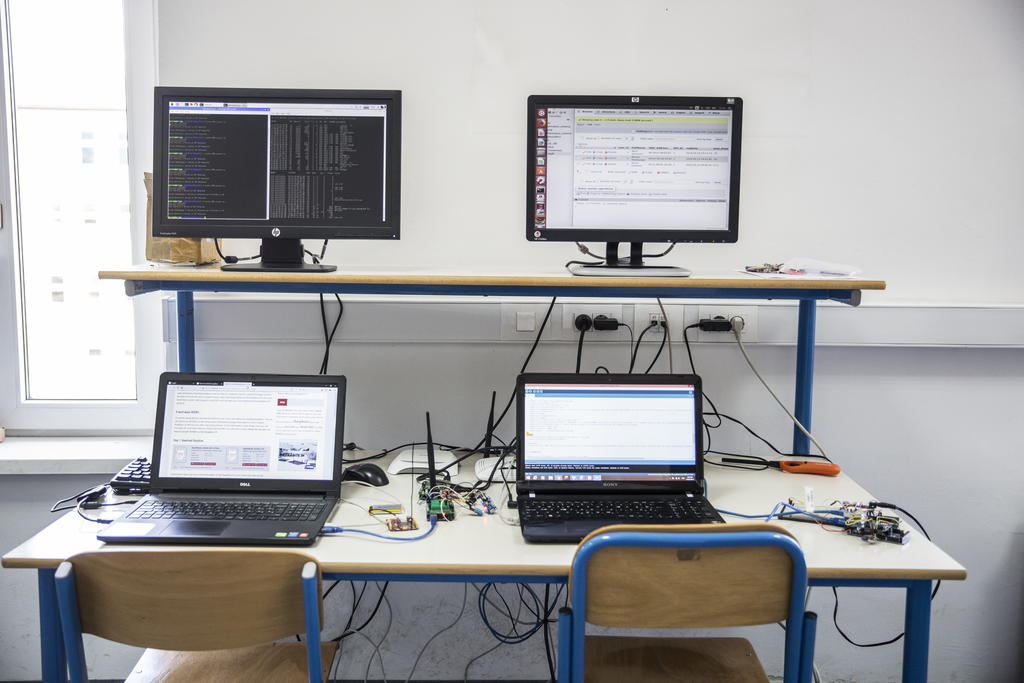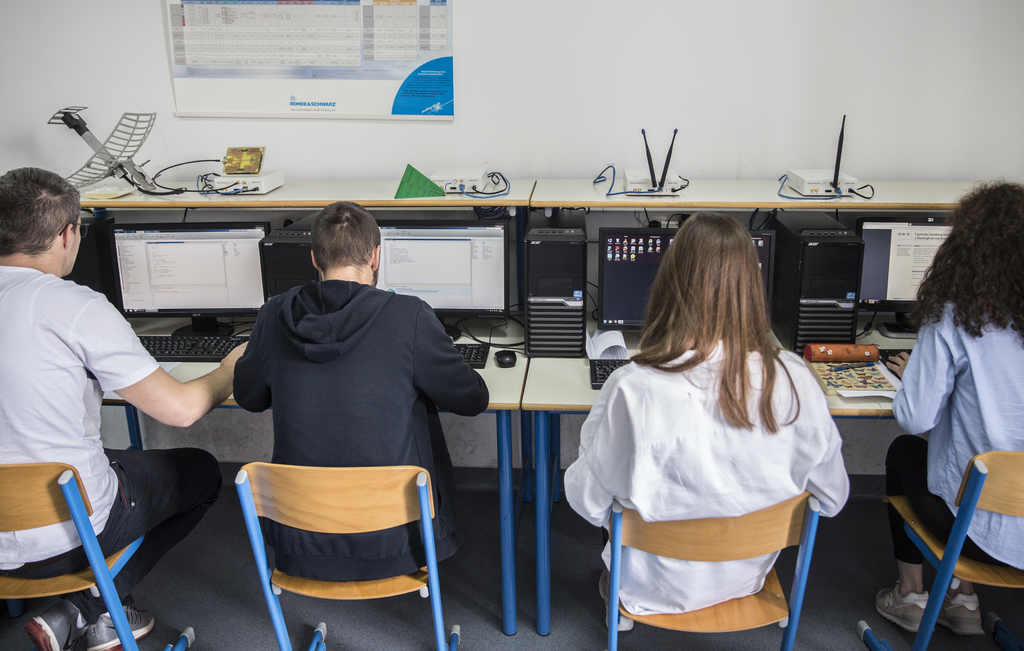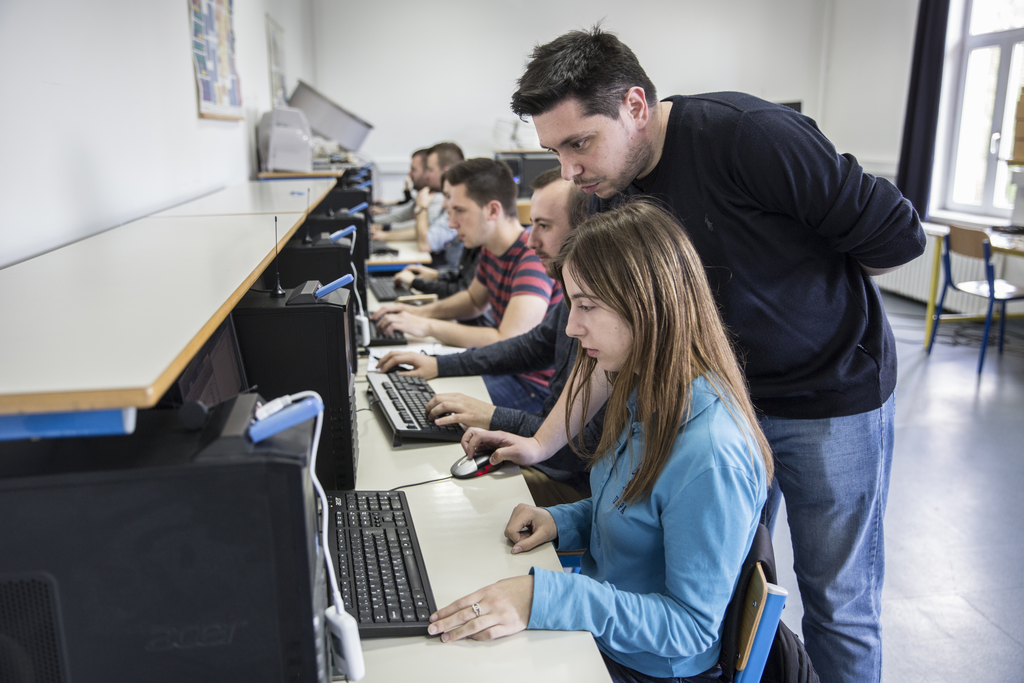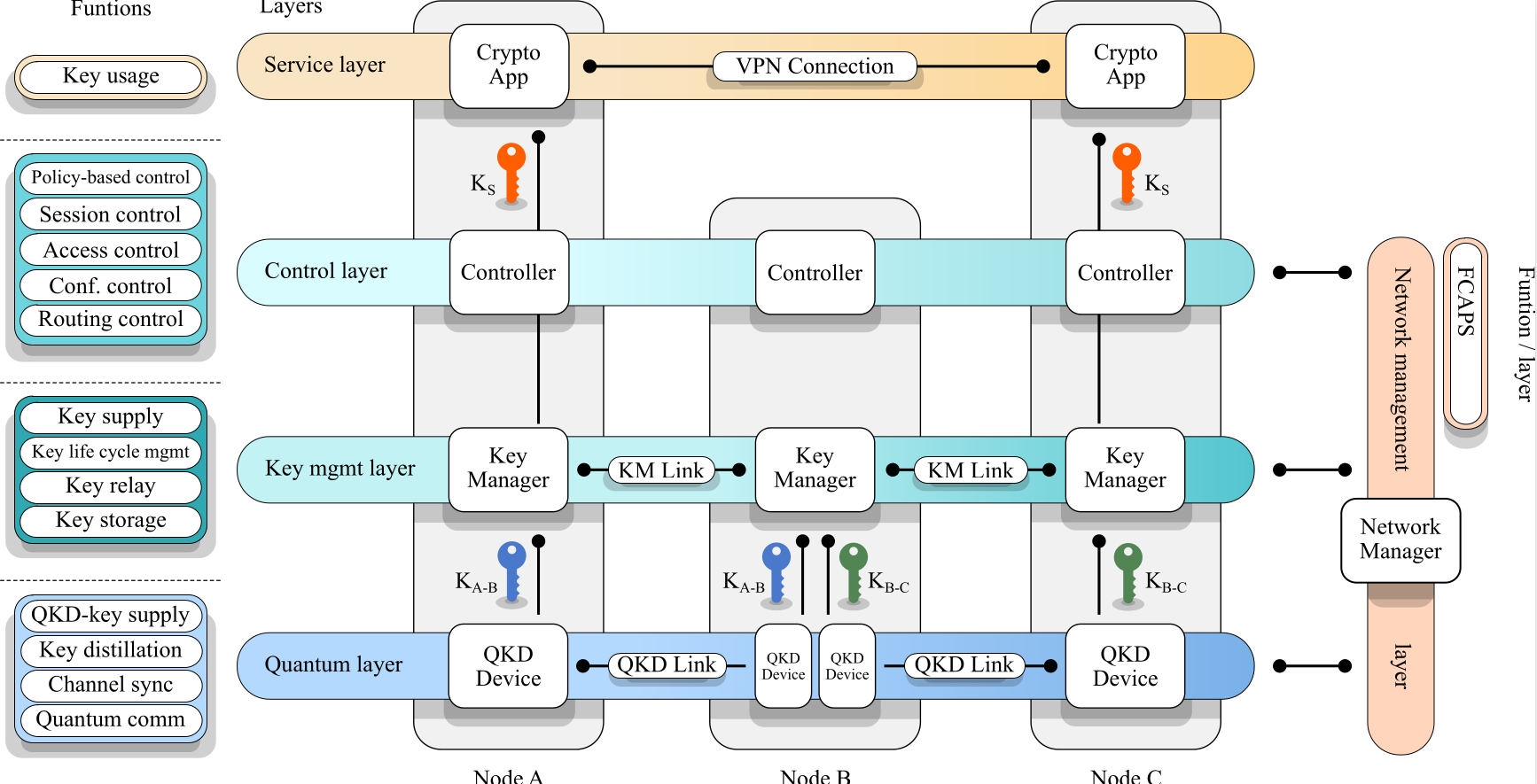
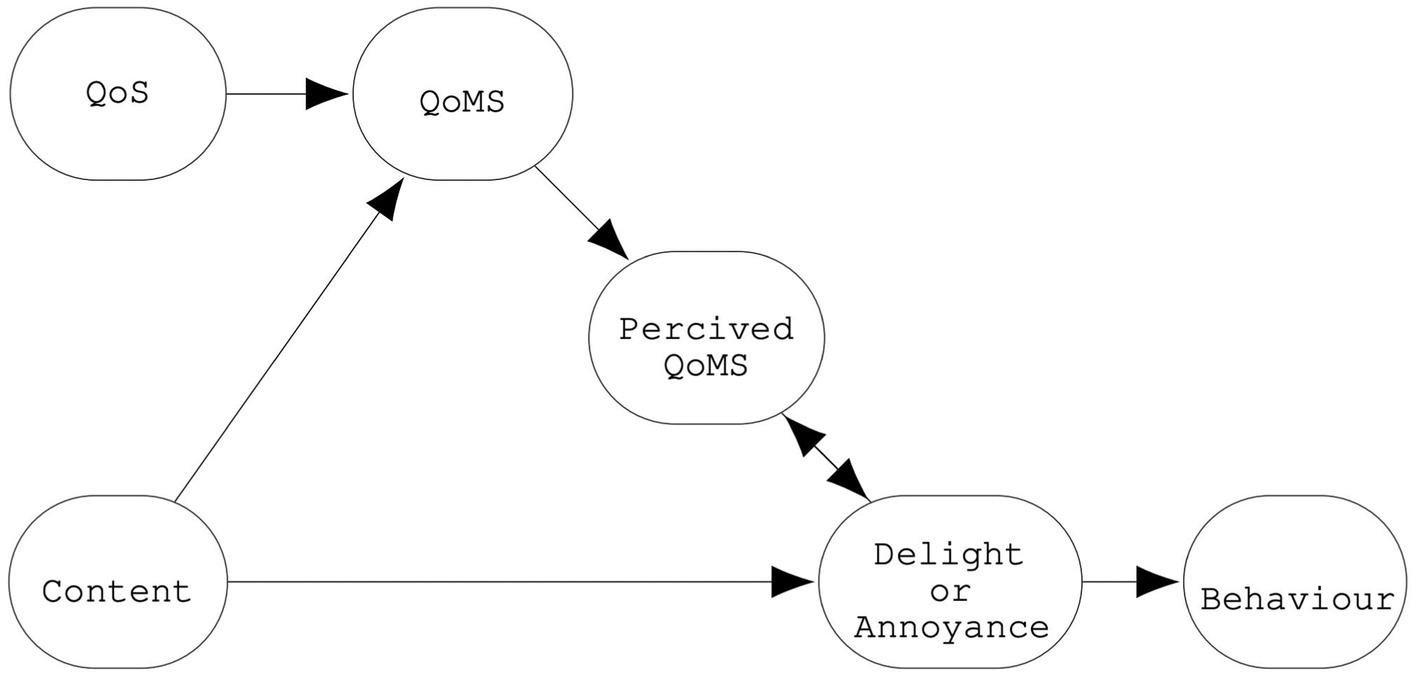

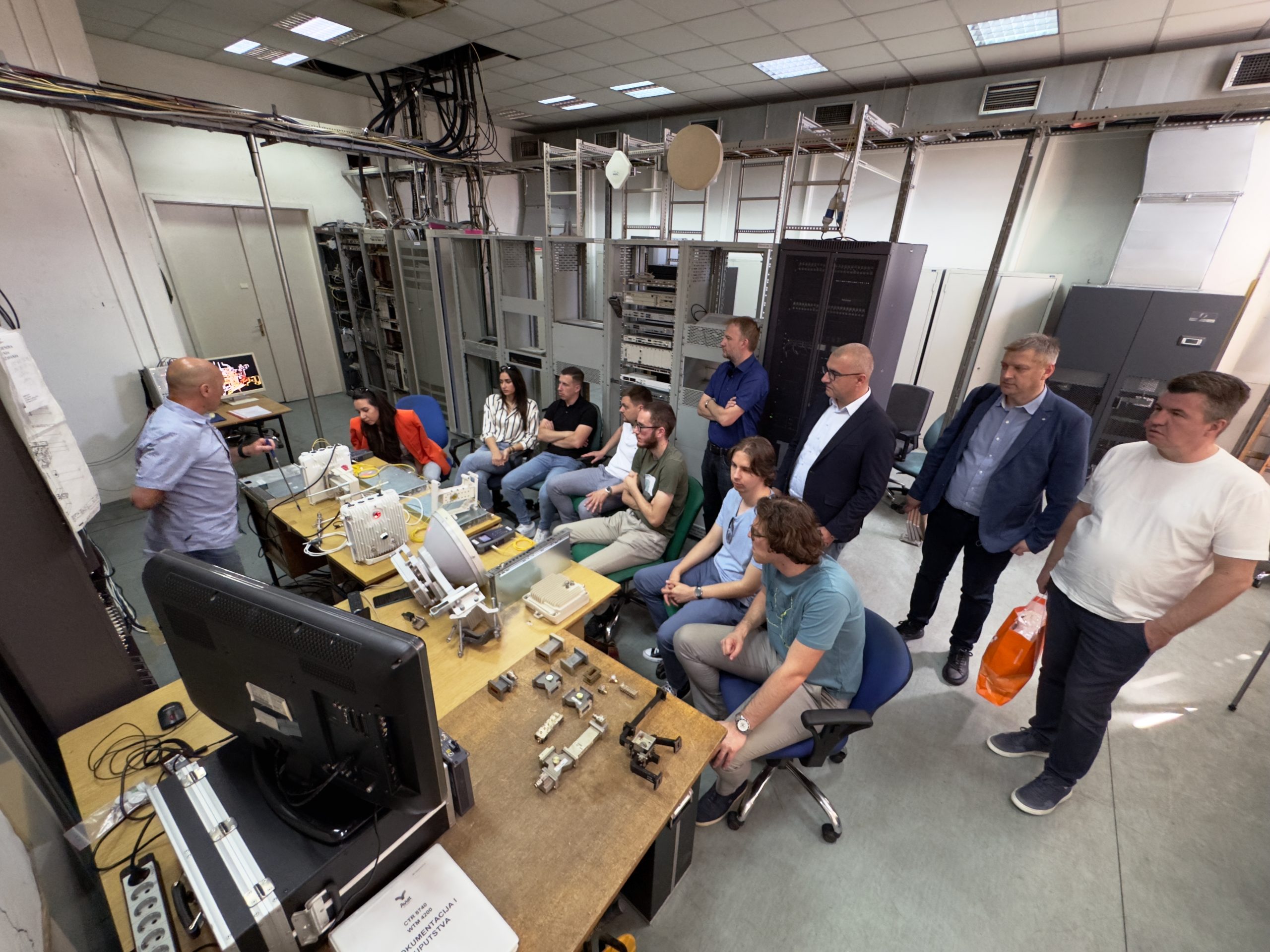
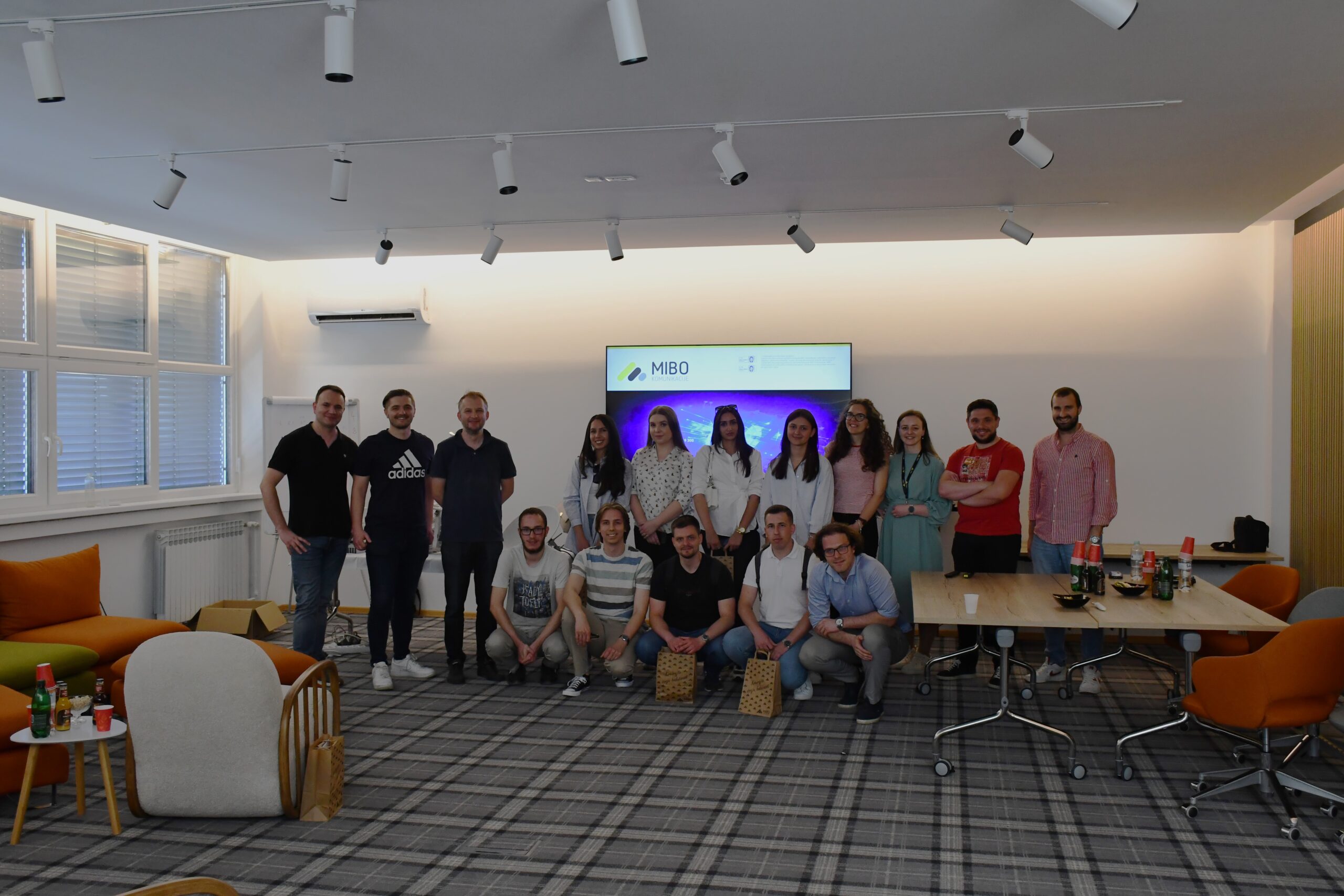
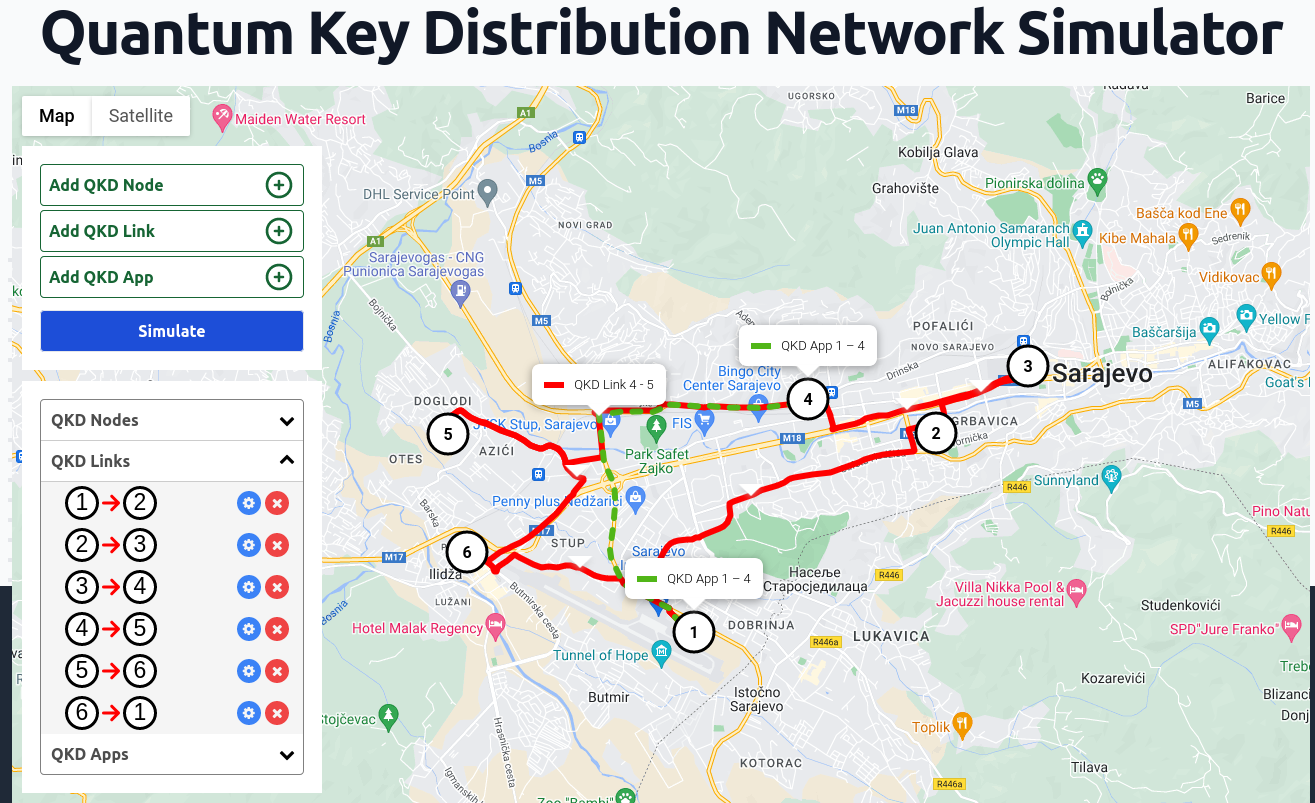

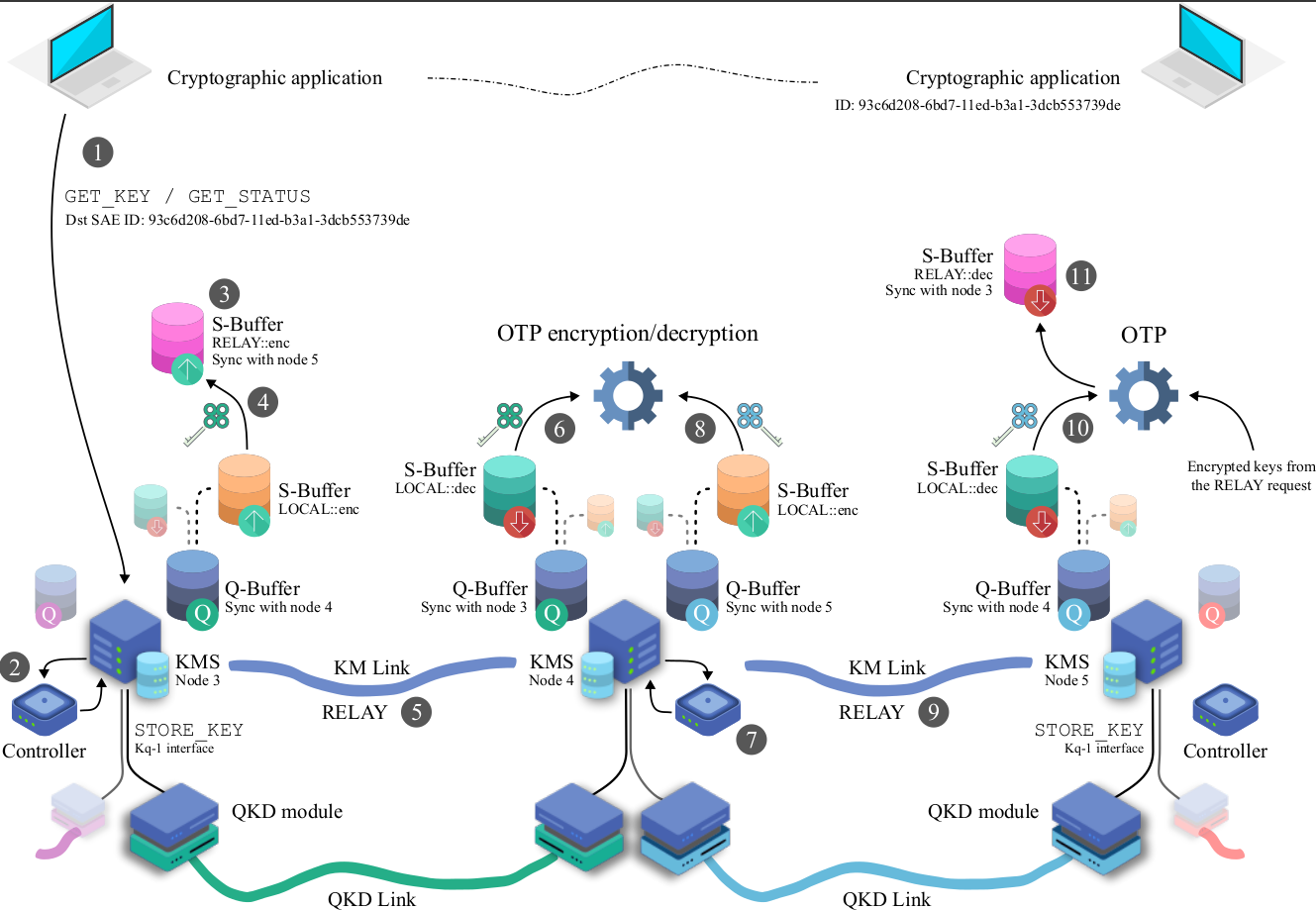
A research article entitled “Top-down and bottom-up approaches to video quality of experience studies; overview and proposal of a new model” published in Frontiers in Computer Science
A new article entitled “Influence of of mobility and technological factors of mobility on the quality of life of older adults: An emprical study on mobility as a mediator” published in Journal of Transport & Health
Third-year students of the Department of Telecommunications had visited BHTelecom as part of their teaching activities in Microwave Communication Systems course. You can read more about the visit HERE.
Third-year students from the Department of Telecommunications visited the MIBO company in Sarajevo on June 6, 2024, where they learned about the practical aspects of working in the telecommunications industry and the company's technical projects.
A. Maric, P. Njemcevic: Performance analysis of M‑ary RQAM and M‑ary DPSK receivers
over the channels with TWDP fading
New article published in Journal of Optical Communications and Networking
News
IEEE News
- Video Friday: High Mobility Logistics
Video Friday is your weekly selection of awesome robotics videos, collected by your friends at IEEE […]
- IEEE Standards Development Pioneer Koepfinger Dies at 99
Joseph Koepfinger Developed standards for electric power systems Life Fellow, 99; died 6 […]
- Intel AI Trick Spots Hidden Flaws in Data-Center Chips
For high-performance chips in massive data centers, math can be the enemy. Thanks to the sheer […]
About Us
The Department of Telecommunications was founded in 1976, and it is one of four departments of the Faculty of Electrical Engineering, University of Sarajevo. Since 2005, study programs have been harmonized with the Bologna Declaration, and are divided into Bachelor, Master and Doctoral Studies.
The bachelor’s study program, with a duration of three years, is oriented towards fundamentals of engineering practice and telecommunication knowledge, and it is accredited by ASIIN – the German member of European Quality Assurance Association in Higher Education (ENQA). On the other hand, the master’s study program with a duration of two years is oriented towards practical engineering work and scientific-research activities.



